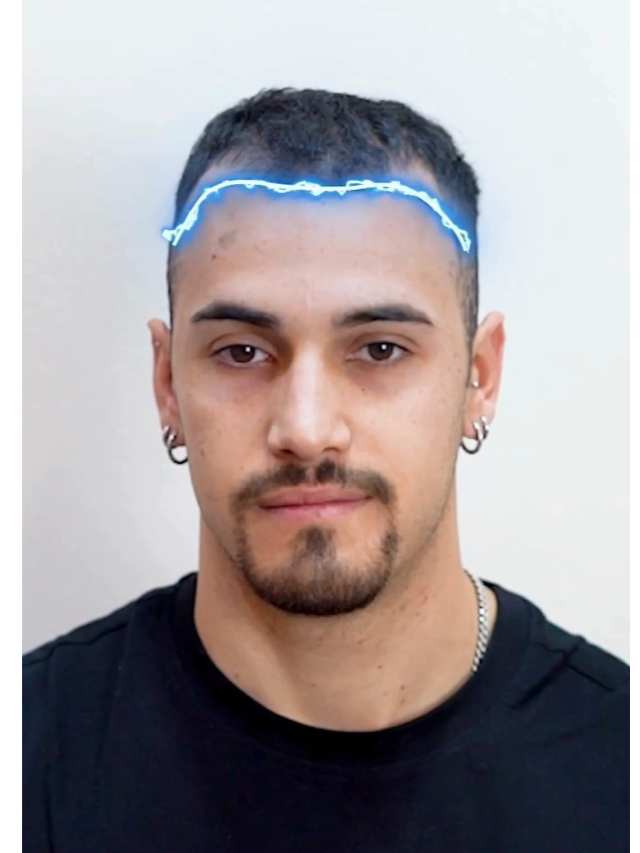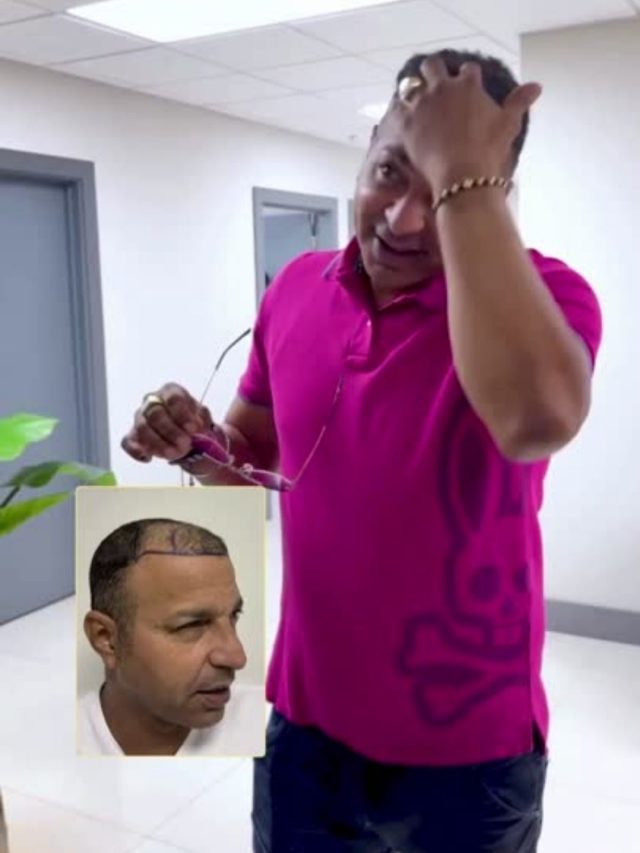Women Hair Transplant Turkey
Women hair transplant turkey can be a life-changing solution for women experiencing hair loss, and Turkey offers a compelling combination of advanced technology, skilled professionals, and affordability. By thoroughly researching your options and selecting a reputable clinic, you can embark on your hair restoration journey with confidence.
Women Hair Transplant in Turkey: A Comprehensive Guide
Hair loss is a concern that affects many people, including women, and can significantly impact self-esteem and confidence. For women seeking effective solutions, a hair transplant can be a life-changing procedure. Turkey has become a leading destination for hair transplants, offering advanced techniques and exceptional care at affordable prices.

The Ultimate Guide to Hair Transplants for Women: Regain Your Confidence
Hair loss is a concern that affects many women at various stages of their lives. Whether due to genetics, hormonal changes, or other factors, losing hair can impact self-esteem and overall confidence. Fortunately, hair transplants offer a promising solution for women seeking to restore their hair and reclaim their self-image.
Understanding Hair Loss in Women
Hair loss in women can be caused by a range of factors, including:
- Genetic Predisposition: Female pattern baldness is often hereditary and results in thinning hair over the top of the scalp.
- Hormonal Changes: Conditions such as pregnancy, menopause, or thyroid disorders can lead to temporary or permanent hair loss.
- Medical Conditions: Autoimmune diseases, iron deficiency, and other health issues can contribute to hair thinning.
- Stress: High levels of stress can lead to telogen effluvium, a condition where hair falls out due to stress or trauma.
Why Consider a Hair Transplant?
A hair transplant is a surgical procedure designed to permanently restore hair by relocating hair follicles from a donor area (typically the back of the head) to thinning or balding areas. Here’s why many women opt for hair transplants:
- Natural-Looking Results: Modern hair transplant techniques ensure that the new hair blends seamlessly with existing hair.
- Permanent Solution: Unlike topical treatments or medications, hair transplants offer a long-lasting solution.
- Boost in Confidence: Restoring a fuller head of hair can significantly improve self-esteem and confidence.
Types of Hair Transplants for Women
There are two primary methods used in hair transplants:
Follicular Unit Extraction (FUE):
- Description: In FUE, individual hair follicles are extracted from the donor area using a tiny punch tool. These follicles are then transplanted into the thinning areas of the scalp.
- Advantages: FUE is minimally invasive, leaves no linear scar, and typically results in a faster recovery time.
Follicular Unit Transplantation (FUT):
Description: Also known as strip harvesting, FUT involves removing a strip of scalp from the donor area, which is then divided into individual follicular units for transplantation.
Advantages: FUT can be suitable for cases requiring a large number of grafts and can sometimes be more cost-effective than FUE.
The Cost of Women Hair Transplant in Turkey: What You Need to Know
Hair loss is a significant concern for many women, affecting both their appearance and confidence. Fortunately, hair transplant procedures offer a promising solution to restore lost hair and regain self-esteem. Turkey has become a top destination for hair transplants, thanks to its advanced medical facilities and cost-effective treatments.
Cost Breakdown for Women’s Hair Transplants in Turkey
The cost of a hair transplant in Turkey can vary depending on several factors. Here’s a breakdown of what influences the price:
Type of Procedure:
- Follicular Unit Extraction (FUE): This technique involves extracting individual hair follicles and transplanting them to the thinning areas. FUE generally costs between $1,500 and $2,500 USD.
- Follicular Unit Transplantation (FUT): Also known as strip harvesting, this method involves removing a strip of scalp and dividing it into grafts. FUT typically costs between $1,500 and $2,500 USD.
- Sapphire FUE: An advanced version of the FUE method that uses sapphire blades for precise incisions. Sapphire FUE costs can range from $2,000 to $3,000 USD.
Understanding the Total Cost
When evaluating the cost of a hair transplant, it’s essential to consider the total package rather than just the procedure itself. Here’s what you might need to budget for:
- Procedure Cost: As detailed above, typically ranging from $1,500 to $4,500 USD.
- Travel Expenses: Including flights and travel insurance.
- Accommodation: Prices vary based on the type of lodging, from budget to luxury options.
- Additional Costs: Such as pre-operative tests, medications, and any extra treatments.
A hair transplant in Turkey offers an affordable and effective solution for women dealing with hair loss. By understanding the costs and what factors influence pricing, you can make an informed decision and ensure you receive the best possible value for your investment.
Frequently Asked Questions
What is a Hair Transplant?
A hair transplant is a procedure that moves hair follicles from one part of the body (usually the back or sides of the scalp) to areas experiencing hair thinning or baldness. For women, this is often done to address issues like receding hairlines, thinning hair, or bald patches.
How Much Does a Hair Transplant Cost for Women in Turkey?
The cost varies based on the clinic and the procedure, typically ranging from $1,500 to $4,000. Prices depend on the number of grafts, the clinic’s reputation, and the city.
Is a Hair Transplant Effective for Women?
Yes, though women may have different hair loss patterns than men. A hair transplant can be highly effective for women suffering from:
- Androgenetic alopecia (female pattern baldness)
- Traction alopecia (from hairstyles)
- Hair thinning or bald patches due to other medical conditions or treatments
What Techniques Are Used in Hair Transplants for Women?
- FUE (Follicular Unit Extraction): The most common method, individual follicles are harvested and transplanted to the thinning area.
- DHI (Direct Hair Implantation): A newer technique where follicles are implanted directly without the need for incisions.
- FUT (Follicular Unit Transplantation): A less common method involving removing a strip of scalp and dissecting individual follicles.
How Long Does the Procedure Take?
A hair transplant procedure can take 4 to 8 hours, depending on the number of grafts being transplanted.
What Is the Recovery Time?
Most women can return to their regular routine within 1 to 2 days, though full recovery and visible hair growth can take several months. The transplanted hair begins to grow after 3-4 months, with the full result visible after 12-18 months.
Are There Any Risks Involved?
While the procedure is generally safe, risks can include:
- Infection
- Scarring
- Temporary shedding of hair (shock loss)
- Uneven hair growth (corrected with touch-up procedures)
Can Hair Transplants be Combined with Other Treatments?
Yes, women may combine a hair transplant with treatments like PRP (Platelet-Rich Plasma) therapy or hair growth medications to improve the results.
What Should I Consider When Choosing a Clinic in Turkey?
- Surgeon’s Experience: Research the surgeon’s qualifications and success rate with women’s hair transplants.
- Clinic Reputation: Check for reviews and testimonials from previous patients.
- Technology Used: Ensure the clinic uses advanced techniques such as FUE or DHI.
- Aftercare Services: Good clinics offer post-procedure care, including check-ups and consultations.
How Can I Prepare for a Hair Transplant?
- Avoid medications that can affect the procedure (as advised by your doctor).
- Quit smoking at least two weeks before surgery.
- Follow the clinic’s pre-procedure instructions for diet and medications.
Is There a Minimum Age for Hair Transplants?
Women typically need to be at least 25 years old, but this can vary based on individual hair loss patterns and medical conditions.
Will the Results Look Natural?
When performed by an experienced surgeon, the results of a hair transplant can look natural, as the transplanted hair is taken from your own scalp and implanted to match the existing hairline and texture.
How Many Grafts Do Women Typically Need?
On average, women may require between 1,500 to 3,000 grafts, depending on the extent of hair loss.
How Long Do the Results Last?
The results are generally permanent, though some maintenance may be required over time. Factors such as genetics, overall health, and lifestyle can influence long-term results.






